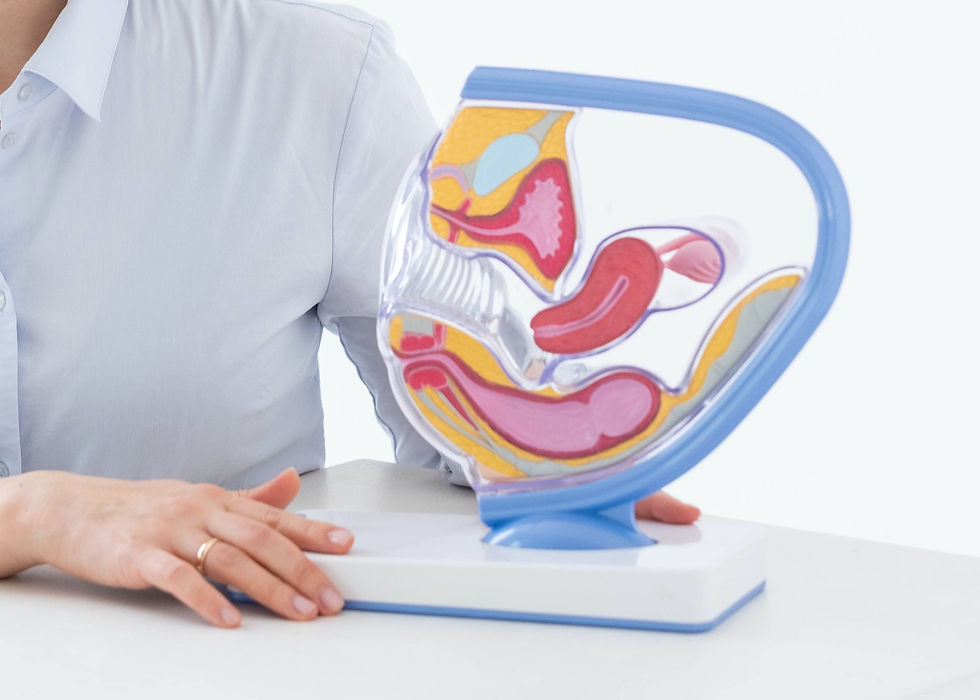COVID Update
- Alan Frischer, MD, MPH

- Jan 27, 2024
- 2 min read
It will soon be four (long) years since the COVID-19 pandemic began. We have learned a lot since those early days, including what the virus looks like, its method of transmission, how it mutates, and how to prevent its spread. We have a vaccine to help prevent or minimize infection. We even have a medication that is very good at treating it. However, aspects of it remain an enigma – in some patients, it leads to unusual, debilitating, and long-term medical problems: Long COVID.
Has there ever been a medical condition that has become so controversial and so politicized? As a doctor in this wonderful community, my goal here is to clarify just what actions we can take from here, in order to best keep all of us safe.
Almost one out of four people in Los Angeles County currently has a respiratory infection from COVID, flu, RSV (respiratory syncytial virus) or the usual cold and bronchitis bugs. Yes; right now, there are a number of major viruses affecting a very large percentage of the people you and I interact with every day. Note that, while many assume that COVID is just like the flu, it is very likely that mortality from COVID still far exceeds the flu. In addition, COVID is more contagious than the flu. And, COVID can lead to some unique complications, including blood clots, multisystem inflammatory syndrome (which can affect the heart, lungs, kidneys, brain, skin, eyes and gastrointestinal system), and long-term symptoms.
The number of COVID cases has put us at the “medium” level of hospital admissions. From the start, the Los Angeles County Department of Public Health has provided guidance. They strongly encourage (but do not mandate) the following recommendations:
Keep current on your COVID vaccinations. An updated vaccine was approved in September and is recommended for practically everyone. Any older vaccination has likely worn off, or will not be effective against the current strains. Vaccinations decrease the risk for infection, and will definitely make your infection milder.
Consider masking indoors when you will be within six feet of others.
Do not go out in public if you have respiratory symptoms, or at least wear a mask if going out is unavoidable! Whether it is COVID or one of the other disagreeable germs being passed around, please don’t share your illness with others. I urge you to consider that even if your own symptoms are mild, an older or immunosuppressed person could become much sicker from those very same germs.
If you develop symptoms, get a COVID test. Reach out to your physician. You may be a good candidate for Paxlovid, or another appropriate treatment, depending on your diagnosis.
This post-holiday spike in respiratory infections is all over the news. A reminder: flu also has a very effective vaccine (recommended for almost everybody), as does RSV (recommended for those aged 65 and older). Who among us wants to be stuck in bed (or worse) with any of these unpleasant diseases?


